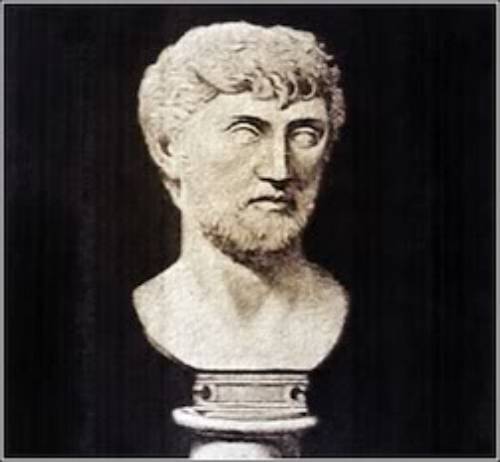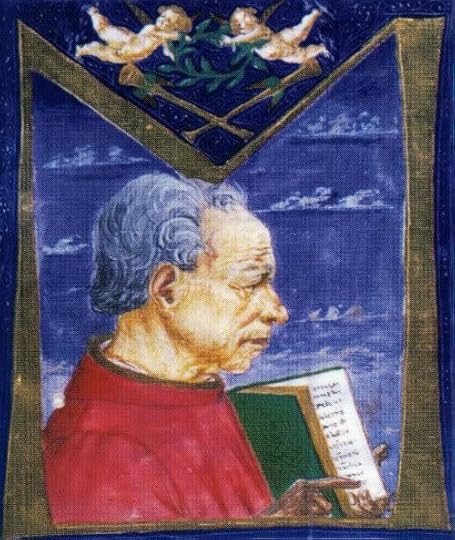What do you think?
Rate this book


356 pages, Paperback
First published September 26, 2011



Virtually any priest or monk who is at the curia is a hypocrite . . . for it is impossible to fulfill the highest purposes of religion there. And if you happen at the curia to see someone who is particularly abject in his humility, beware: he is not merely a hypocrite but the worst hypocrite of all. In general, you should be wary of people who seem too perfect, and remember that it is actually quite difficult to be good: ‘Difficile est bonum esse.’ (p. 149)
One of the world's most celebrated scholars, Stephen Greenblatt has crafted an innovative work of history and a thrilling story of discovery, in which one manuscript, plucked from a thousand years of neglect, changed the course of human thought and made possible the world as we know it.
...
The copying and translation of this ancient book, the greatest discovery of the greatest book-hunter of his age, fuelled the Renaissance, inspiring artists such as Botticelli and thinkers such as Girodano Bruno; shaped the thought of Galileo and Freud, Darwin and Einstein; and had revolutionary influence on writers from Montaigne to Thomas Jefferson.

Winner of the Pulitzer Prize and the National book Award for nonfiction, this is a distilled history of Western thought told through a few sharp eyes at critial junctures along the way. The most important to Greenblatt's telling is Poggio Bracciolini, a 15th century apostolic secretary who discovers a rare, 1,000-year-old text by Roman philosopher Lucretius. the two men, and the written histories that connect them, become the basis for this materful volume, which is liberally sprinkled with historical anecdotes that are always illuminating and often humorously entertaining.
The Swerve: How the World Became Modern, by Stephen Greenblatt (W.W. Norton, 2011)
کتابها کمیاب و پُرارزش بودند. آنها به صومعهای که صاحب کتابها بود عزت و اعتبار میبخشیدند. و راهبان اصلاً نمیخواستند اجازه دهند آنها از نظرشان دور شوند. صومعهها گهگاه میکوشیدند با انباشتن نسخ خطی گرانبهایشان از انواع لن و نفرین, مایملکشان را محفوظ بدارند. دریکی از این لعن و نفرينها آمده بود که:
کسی که این کتاب را از صاحبش میدزدد یا آن را قرض میگیرد و بعد پس نمیآورد؛ باشد که کتاب به یک افعی در دستانش تبدیل و او را از هم بِدرد. باشد که افلیج شود و همه اعضا و جوارحش از هم متلاشی گردد. باشد که در درد بسوزد، بپوسد و گریان و نالان طلب بخشش کند. باشد که کرمهای کتابخوار، امعا و احشائش را به نیابت از کرم اعظمی که هرگز نمیمیرد بجوند و باشد که شعلههای جهنم تا ابد او را بسوزاند.